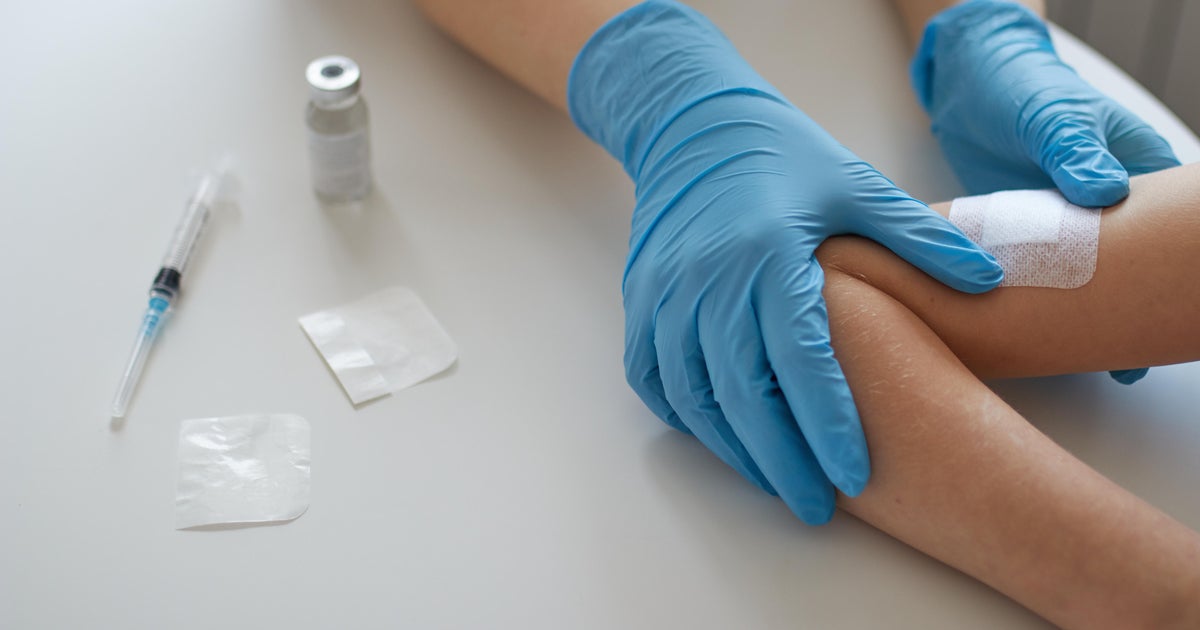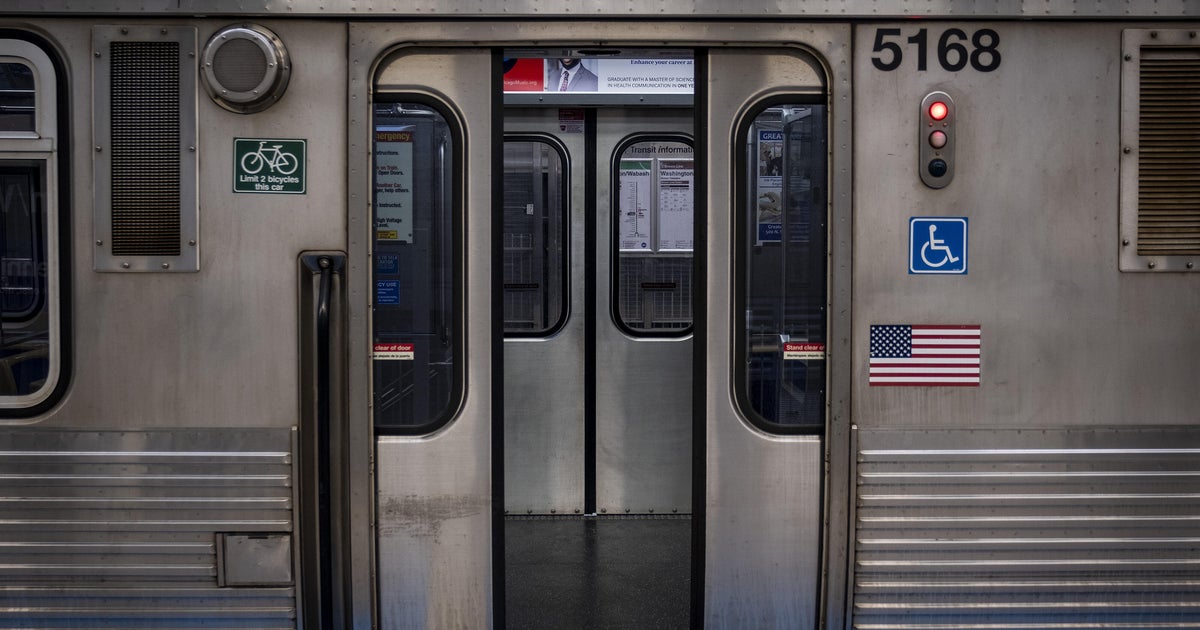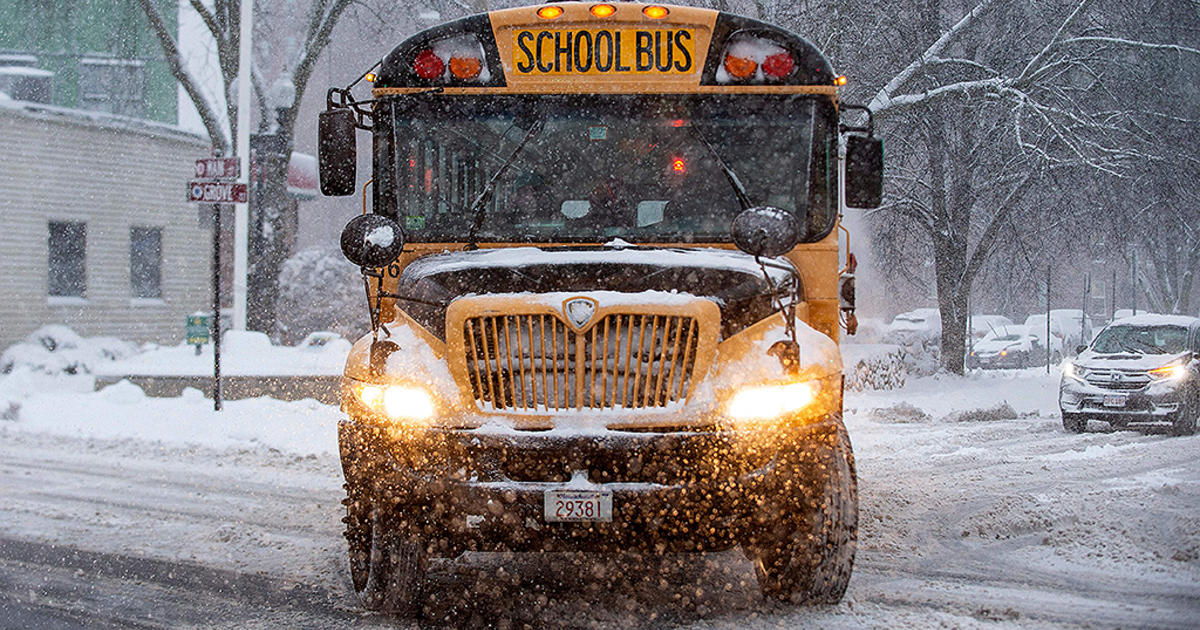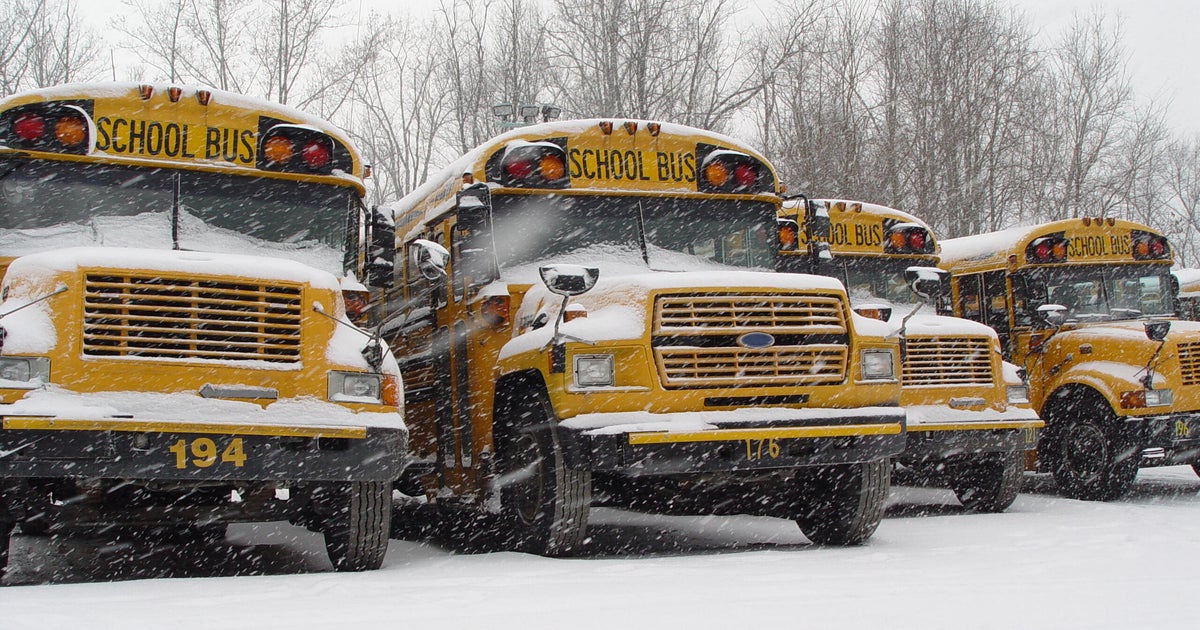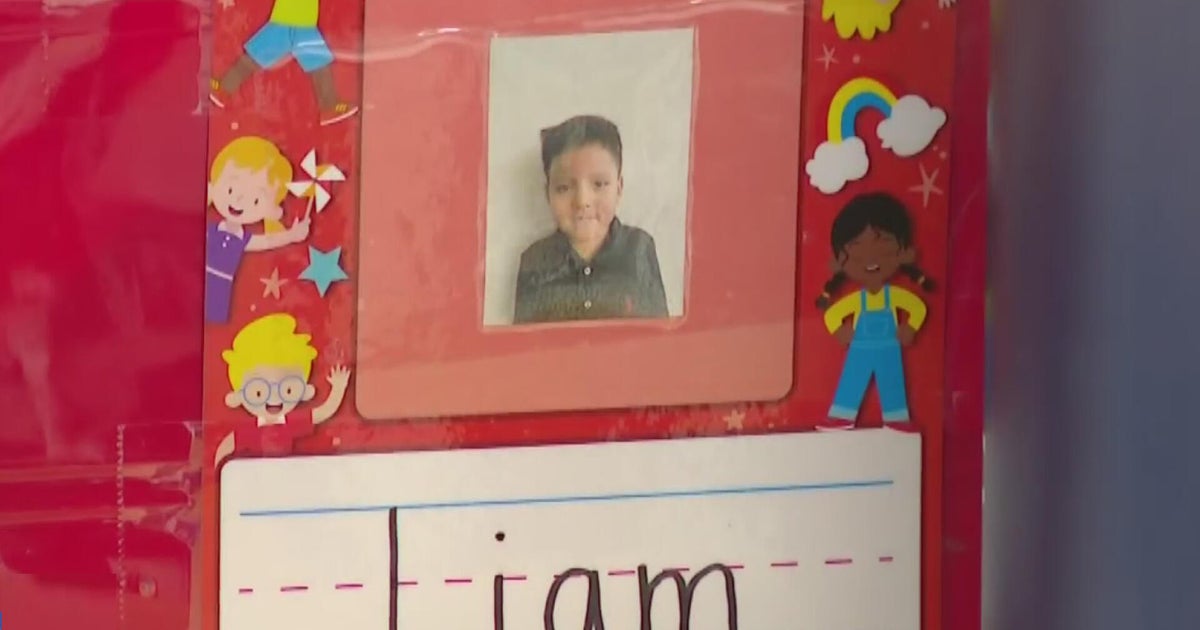COVID Vaccine Authorization For Younger Children Delayed As FDA Postpones Meeting
(CNN) -- Parents will have to keep waiting to find out when their youngest children can get a Covid-19 vaccine.
Pfizer and BioNTech filed a request with the US Food and Drug Administration in the first week of February for an emergency use authorization of their vaccine in children 6 months to 5 years old. The FDA's Vaccines and Related Biological Products Advisory Committee scheduled a meeting for February 15 to go over data from trials of the vaccines in young children and make a recommendation on their use.
But the FDA announced Friday that it is postponing the meeting because "new data have recently emerged."
"This will give the agency time to consider the additional data, allowing for a transparent public discussion as part of our usual scientific and regulatory processes for COVID-19 vaccines. We will provide an update on timing for the advisory committee meeting once we receive additional data on a third dose in this age group from the company's ongoing clinical trial and have an opportunity to complete an updated evaluation," acting FDA Commissioner Dr. Janet Woodcock and Dr. Peter Marks, director of the FDA's Center for Biologics Evaluation and Research, said in a statement.
In December, Pfizer said that the vaccine appeared to protect the youngest children -- infants and toddlers up to 2 -- at the same levels seen in teens and young adults, slashing symptoms in 90% of kids who got the shot. However, the 3-microgram dose did not produce the same immune response in 2- to 5-year-olds.
The dose for infants and young children is about one-third of the dose given to children age 5 to 11 and a tenth the size of the dose given to people 12 and older.
The company decided to expand its trial to include a third dose, rather than the two doses older children and adults receive in a primary vaccine series.
While it continued to investigate a third dose, at the start of February, the company said it had decided o go ahead and submit for authorization of the two-dose vaccine "with pediatric Covid-19 cases surpassing 10 million and at the request of the FDA."
In a news release Friday, Pfizer said it continues to share data from its child vaccine trial with the FDA. With the surge of the Omicron variant, high rates of infection and illness among children have allowed the company to quickly accumulate the data it needs for the study protocol.
"Given that the study is advancing at a rapid pace, the companies will wait for the three-dose data as Pfizer and BioNTech continue to believe it may provide a higher level of protection in this age group," the release says. "This is also supported by recent observations of three dose booster data in several other age groups that seems to meaningfully augment neutralizing antibody levels and real world vaccine protection for omicron compared to the two-dose regimen."
Pfizer and BioNTech expect to have three-dose protection data available in early April. The extension will give the FDA the time to examine data on the two- and three-dose regimens.
Marks said on a call with reporters Friday that the FDA needed to adapt its strategy to keep up with the rapidly changing landscape of the pandemic.
"Data has come in so rapidly that we need to be able to look through the data and in looking through the data, we realize now, in data that came in very rapidly because of the large number of cases of Omicron, that at this time, it makes sense for us to wait until we have the data from the evaluation of a third dose before taking action," he said. "The data that we saw made us realize that we needed to see data from a third dose as in the ongoing trial in order to make the determination that we could proceed with doing an authorization."
Marks said that it is important the agency stay nimble in the face of a quickly changing environment of the pandemic.
"We didn't know that Omicron was actually going to be on the scene much before the end of November. So what we're dealing with is taking the approach that we very much should take as a public health agency, which is to constantly take in the data that come to us and adjust to that. So what we're doing now is adjusting to this, and yes, some of this was late-breaking, but that's what our job is, it's to adjust to it," he said.
The Covid-19 case load among children has been "extremely high" during the Omicron surge, the American Academy of Pediatrics said Monday. There have been over 7 million child cases reported since September, and more than half of them have come this year. There are about 18 million children under the age of 5 in the United States who have been without the protection of any Covid-19 vaccine because the FDA has not authorized it
Children have a lower risk of serious outcomes from a Covid-19 infection compared with elderly or immunocompromised adults. But about 1% of children who catch Covid-19 will be hospitalized. Infections can also lead to long-term consequences in children as they do in adults, increasing the risk for diabetes, autoimmune disease and a delayed reaction to infection called multisystem inflammatory syndrome, which requires hospital care.
To authorize Covid-19 vaccines for emergency use, the FDA has previously set a bar of 50% effectiveness, meaning the shots have to prevent disease or decrease severity in at least 50% of the people who get them.
Because the data has not been released, it's unclear whether the Pfizer/BioNTech vaccine for younger children meets that standard after two doses.
Pfizer said Friday that the study's independent Data Monitoring Committee supports the continuation of the trial. It believes that the data collected indicates that the vaccine is well-tolerated and supports a potential three-dose regimen.
Marks said he understands that parents are eager to get protection for their young children and said the agency is acting with urgency, but it has to get this right.
"We take our responsibility for reviewing these vaccines very seriously because we're parents as well, and in looking over the data, I think parents can feel reassured that we have set a standard by which we feel that if something does not meet that standard, we can't proceed forward," Marks said.
"For those parents who really feel this, we empathize with them, because I suspect that they're not only concerned about the current situation, even though there's a drop in cases, but they're concerned about future variants that could potentially come along, and that's how we're thinking as well. So this was not based on the dropping number of cases, because it's still a staggering number of cases each day that we're having."
The-CNN-Wire
™ & © 2022 Cable News Network, Inc., a WarnerMedia Company. All rights reserved.

